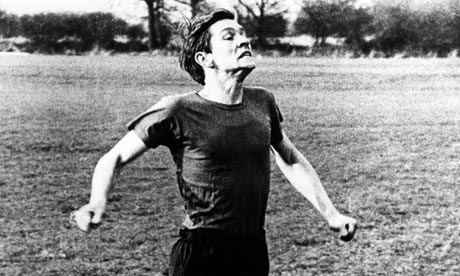
'Tis the season to be lonely. Half a million pensioners will spend Christmas Day alone, while nearly three in five people over 55 will be wishing they could see more of their family. This isn't just a seasonal or British phenomenon. At any given time, around one in five Americans – 60 million people – feel so isolated that it makes them seriously unhappy.
That last statistic comes from a new book called Loneliness, co-written by John Cacioppo, a neuroscientist. He says social pain is akin to physical pain. That occasional pang of isolation – the odd Saturday night when none of your friends are around – is no more than a prompt to socialise, in the same way that burning skin is a spur to get your hand away from that frying pan. It's regular, chronic loneliness that does the serious damage: increased stress levels, higher blood pressure, disrupted sleep – all the way to accelerated dementia. Many pensioners who complain about not seeing enough of their loved ones might end up in this category.
Loneliness is contagious, even between people who don't have direct contact with each other. A study of nearly 5,000 Massachusetts residents conducted over 10 years found that a friend of a lonely person was 52% more likely to develop feelings of social rejection – and one of their friends had 25% more chance of feeling lonely in turn. Even a friend of a friend of a friend was at greater risk of loneliness.
This is a social disease that threatens to turn into an epidemic. And it has spread not geographically but economically. In the new boomtowns of China, community-oriented societies are beginning to be swept by serious loneliness. The Chinese are getting richer, but they also feel more alone.
What can be done? Cacioppo wants to encourage neighbours to come into contact with each other, by making cities more walkable. And for the seriously lonely, he has one overriding piece of advice: help others through charity work, or cook for acquaintances. "When you're lonely you feel you could just eat other people," he says. "But the trick is to feed them."

